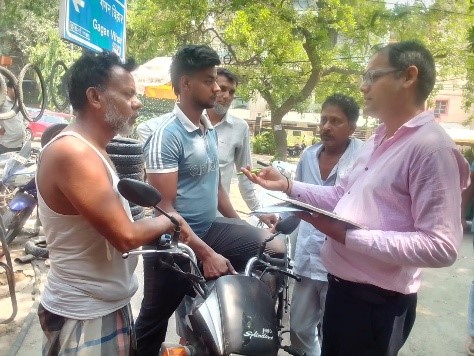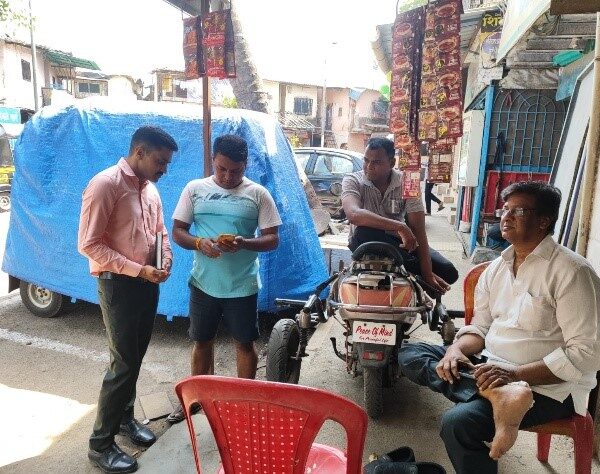Transforming Lives: Migrant Workers’ Dwellings Initiative
Location: Maharashtra and Delhi
Overview:
The Infrastructure Development for Migrant Workers’ Dwellings project is a collaborative initiative between CBRE and the Institute for Research and Growth (iRG) to improve living conditions for migrant worker families in urban slum areas. Targeting 60 families across Delhi and Maharashtra, with at least 60% being single-women-led households, the project focuses on structural improvements, sanitation upgrades, safety enhancements, and installation of basic amenities.
Key Objectives:
- Strengthening the structural integrity and safety of dwellings
- Improving sanitation and access to essential amenities
- Providing training on home maintenance and hygiene
- Establishing sustainable partnerships with government bodies and construction material companies
Implementation Strategy:
- Conducting needs assessments and selecting beneficiaries
- Developing improvement plans with CBRE experts
- Executing a phased approach, including repairs, sanitation, and safety enhancements
- Providing post-implementation training and support to beneficiaries
Key Activities:
- Development of Survey Tools: A comprehensive Survey Tool was designed for physical data collection and Questionnaire was created to gather information on Demographics, Access to services- Education and employment and Health status.
- Physical Survey/Community Mapping: Community mapping was initiated in areas of Gurugram to identify the intervention site. Visits were made to Firoz Gandhi Colony Part 2 Sector 9, Sanjay Gandhi Colony, Devilal Colony, Surya Vihar, Sheetla Colony, Rajiv Nagar. These locations had smaller and more dispersed migrant populations. Subsequently, meetings were conducted with local stakeholders.
- Based on mapping insights, Sector 12 Gurugram was identified. The location had:
- High density of migrant families.
- Limited access to health, education, and sanitation
- Need for focused intervention
- Multiple site visits were conducted in Gurgaon, including interactions with local residents, and municipal officials. However, it was consistently communicated by all authorities in Gurgaon that there are no officially recognized or authorized slums in the city. As a result, no written approvals or formal permissions could be issued to support the project in these areas. This posed administrative challenges, necessitating redirection of the intervention site.
- New Delhi’s Rajiv Gandhi J.J. Camp presents an appropriate location with urgent development needs. Key Observations:
- 700 households (migrants from UP, Bihar, MP, Rajasthan),
- basic facilities available (electricity, water, community toilets),
- absence of sewer system,
- narrow and damaged roads, and sanitation issues.
- For site identification, physical survey was done in areas of Baganwadi, Gautam Nagar, Gajanan Colony, Muktinagar, and Patil Gali in Govandi.
- The team made visits at District Magistrate Office – Bandra East, Mumbai, and were able to meet the PA of ADM.
Currently, JJ Colony, Chitra Vihar has been identified as the project site. Community meetings have been conducted regularly for needs assessment. Simultaneously, Khardev Nagar, Chembur has been identified in Mumbai. Meetings are being regularly conducted with relevant stakeholders in the community and the administration for approvals.




